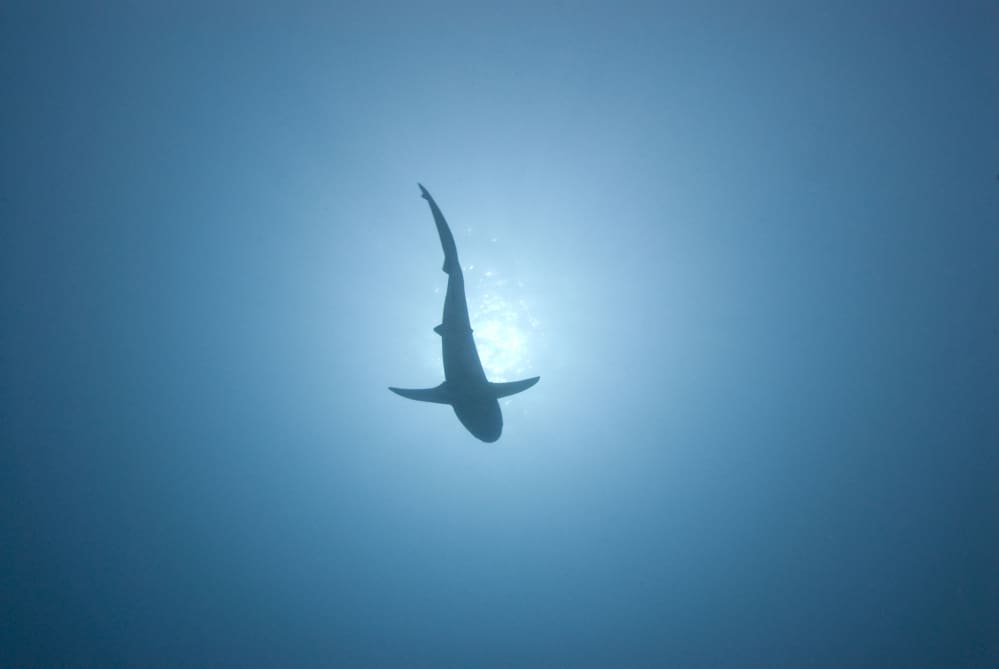The silky shark and bigeye thresher shark will be under increased protection following an international vote Monday to include the species in Appendix II of the Convention on International Trade in Endangered Species of Wild Fauna and Flora, or CITES.
Species listed in Appendix II are to be closely monitored to ensure that trade does not cause the species to become threatened with extinction.
Costa Rica made news last week by declining to vote on whether or not to protect the two species. Authorities from the Environment Ministry (MINAE) said the species didn’t meet the qualifications for increased conservation efforts.
Costa Rica was presumably one of just five countries to abstain from voting (votes are secret).
The International Union for Conservation of Nature and Natural Resources (IUCN) considers the silky shark “near threatened” and the bigeye thresher “vulnerable.”
The silky shark is commonly captured in Central America to supply Asian markets with fins for shark fin soup, according to marine conservation group Fundación MarViva. The species population is subject to rapid decline because of low reproduction rates, according to the group.
“The protection of the silky shark by CITES is the first step towards being able to stop the tragic reduction in its numbers and begin the recuperation of this species,” said Randall Arauz, the Costa Rican director of Turtle Island Restoration Network.
Turtle Island had long fought to protect silky and bigeye thresher shark populations. The organization sent in more than 15,000 petitions to Costa Rican President Luis Guillermo Solís, as well as to the governments of El Salvador, Guatemala and Nicaragua ahead of Monday’s vote, pleading for those countries to vote to protect silky and big eye thresher sharks.
Member nations also voted Monday to list the eagle ray in Appendix II of CITES.








